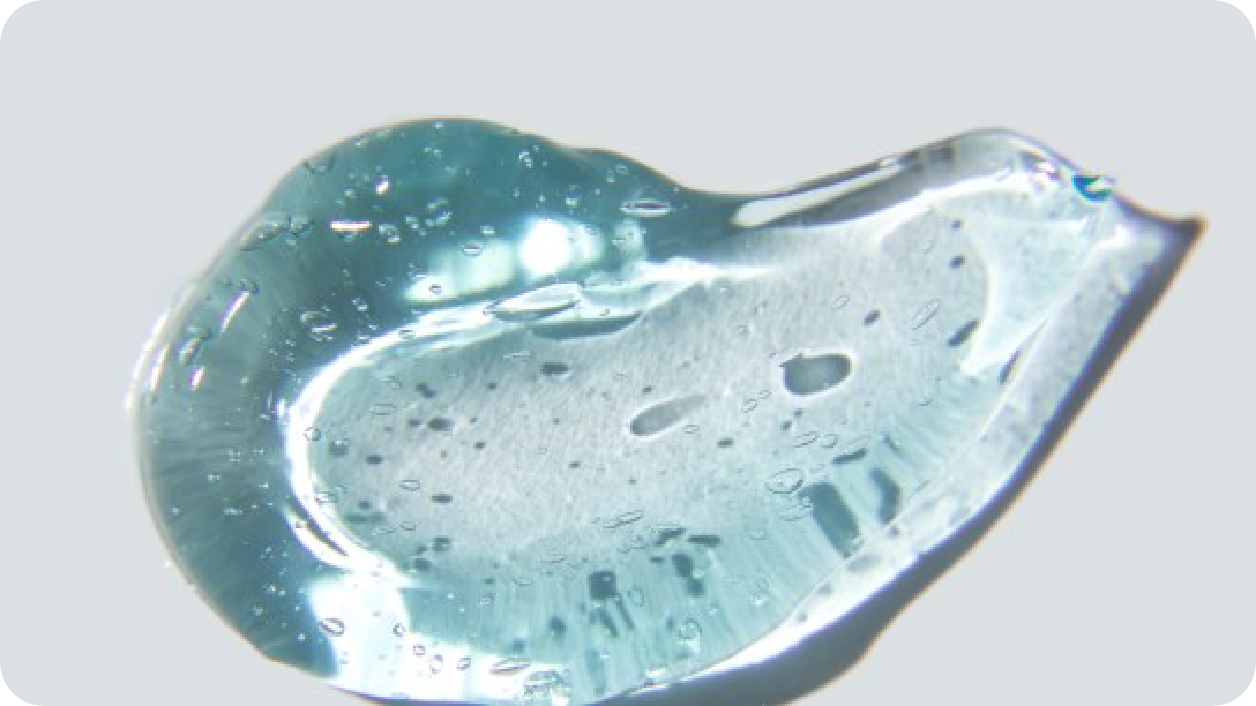Titanium dioxide (TiO2) is a versatile white pigment extensively used in numerous industrial applications. Here's a list of some of its common uses:
- Pigment: Titanium dioxide is primarily employed as a white pigment in paints, coatings, plastics, paper, inks, and other materials. It imparts brightness, opacity, and whiteness to products, enhancing their visual appeal and covering power.
- Sunscreen: Due to its excellent UV-blocking properties, titanium dioxide is a key ingredient in sunscreens and cosmetic products. It acts as a physical sunscreen by reflecting and scattering UV radiation, providing protection against sunburn and skin damage.
- Catalyst: Titanium dioxide nanoparticles are utilized as catalysts in various chemical reactions, including the degradation of organic pollutants in wastewater treatment, photocatalytic air purification, and hydrogen production from water splitting.
- Ceramics: In the ceramics industry, titanium dioxide is added to ceramic glazes and bodies to enhance brightness, opacity, and thermal stability. It helps achieve desired colors and surface finishes in ceramic tiles, tableware, sanitaryware, and other ceramic products.
- Plastics: It is used as a whitening and opacifying agent in the production of plastic products, such as PVC pipes, vinyl siding, packaging materials, and automotive components. Titanium dioxide improves the appearance and durability of plastics while providing UV protection.
- Printing Inks: Titanium dioxide is incorporated into printing inks, particularly in the production of high-quality papers, magazines, and packaging materials. It contributes to the brightness, opacity, and print quality of the final printed products.
- Food Additive: Titanium dioxide is permitted for use as a food additive (E171) in certain countries, where it serves as a whitening and opacifying agent in food products such as candies, chewing gum, confectionery, and dairy products.
- Photocopying: Titanium dioxide-coated papers are used in photocopying and printing processes to enhance image contrast and definition. The coating enables the adhesion of toner particles and improves the quality of reproduced documents.
- Construction Materials: In the construction industry, titanium dioxide is added to architectural paints, coatings, and building materials for exterior and interior applications. It provides weather resistance, UV protection, and color retention properties to construction surfaces.
- Textiles: Titanium dioxide nanoparticles are applied to textiles and fabrics to impart stain resistance, self-cleaning properties, and UV protection. Treated textiles find applications in outdoor clothing, sportswear, upholstery, and technical textiles.


